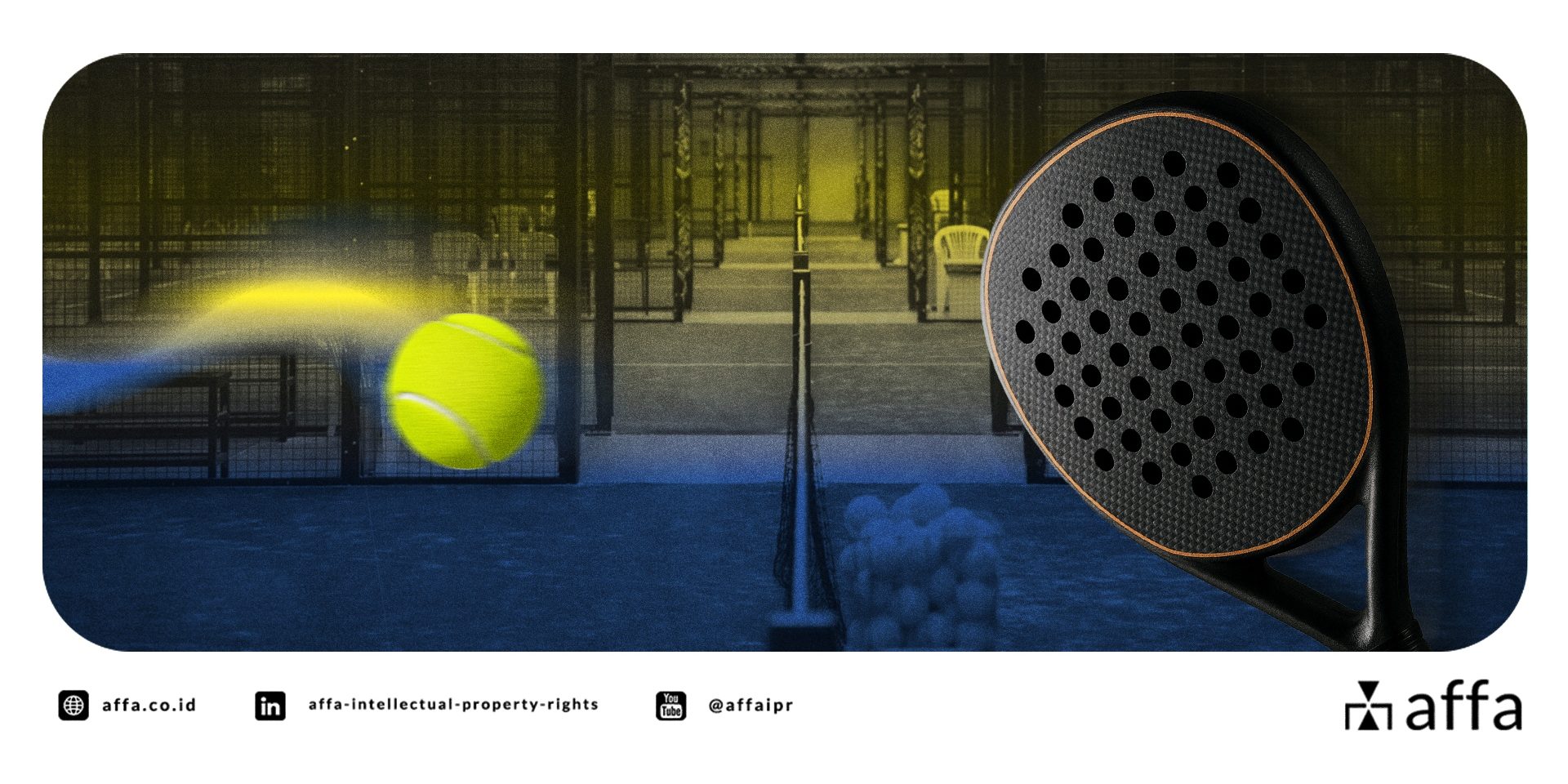Padel is experiencing rapid growth in Indonesia. Over the past few years, it has captured the attention of various groups — from sports communities and entrepreneurs to celebrities. Its popularity is reflected in its inclusion in PON XXI 2024 (National Sports Week) held in Aceh – North Sumatra, as well as in several tournaments held in Indonesia, including the Asia Pacific Padel Cup 2024 and Padel Pro Open 2025.
Padel was first created in 1969 in Acapulco, Mexico, by Enrique Corcuera. He modified a squash court at his home by adding walls and elements from tennis, creating a new game called “Paddle Corcuera.” This new game quickly attracted the attention of his friends, including Alfonso de Hohenlohe, who later introduced padel to Marbella, Spain in 1974 and built two courts there. From Spain, padel spread to Argentina (1975) and continued to grow in popularity across Europe and Latin America. In 1991, the Federation International de Padel (FIP) was established in Madrid, Spain, to regulate and promote the sport globally.
As the padel ecosystem continues to grow in Indonesia, various elements — such as tournament names, logos, racket designs, court technology, training strategies, and merchandise — are becoming strong identity markers with commercial value. All of these should and can be protected through various forms of Intellectual Property (IP) rights, so that all parties involved can benefit while supporting a more sustainable padel ecosystem.
Here are several relevant and potential IP categories in the world of padel:
- Trademark
Names of padel clubs, logos, slogans, tournaments, courts, training academies, apparel, padel balls, rackets, or other equipment should be protected to avoid the use of identical or confusingly similar names. These should be registered as Trademarks, which offer protection for 10 years and can be renewed indefinitely.
- Industrial Design
The visual designs of rackets, special padel shoes, and uniquely styled tournament uniforms can be protected as Industrial Designs, with a protection period of up to 10 years.
- Patent
This category includes technological innovations in racket materials or structure, automated digital scoring systems, training sensors, and unique portable padel court construction features. Such innovations can evolve continuously and offer local manufacturers or innovators a competitive edge.
- Copyright
Promotional content such as tournament highlight videos, music, event posters, digital graphics, and training modules or documented game strategies is automatically protected under Copyright. However, formal recordation is recommended to strengthen legal proof of ownership.
- Trade Secret
This category includes exclusive training techniques used by padel coaches, business strategies or community management models, and even recipes or formulas for sports nutrition products used by a club. Trade Secrets do not require registration but must be kept confidential to remain protected.
- Licensing & Franchising
Business models such as court rentals, expansion of padel club branches, licensing tournament names for use in other cities, or even launching padel-themed café franchises can be governed through licensing or franchise agreements, and can be officially recorded to secure legal protection and expand commercial benefits.
Ultimately, padel is a fun sport and a gateway to economic opportunities through Intellectual Property assets. Business actors and padel communities must understand that the innovation, creativity, and identity they build today can become sustainable business value — if properly managed and protected.
Should you need further information about registering and protecting Intellectual Property in the padel sport, feel free to contact us at [email protected].







